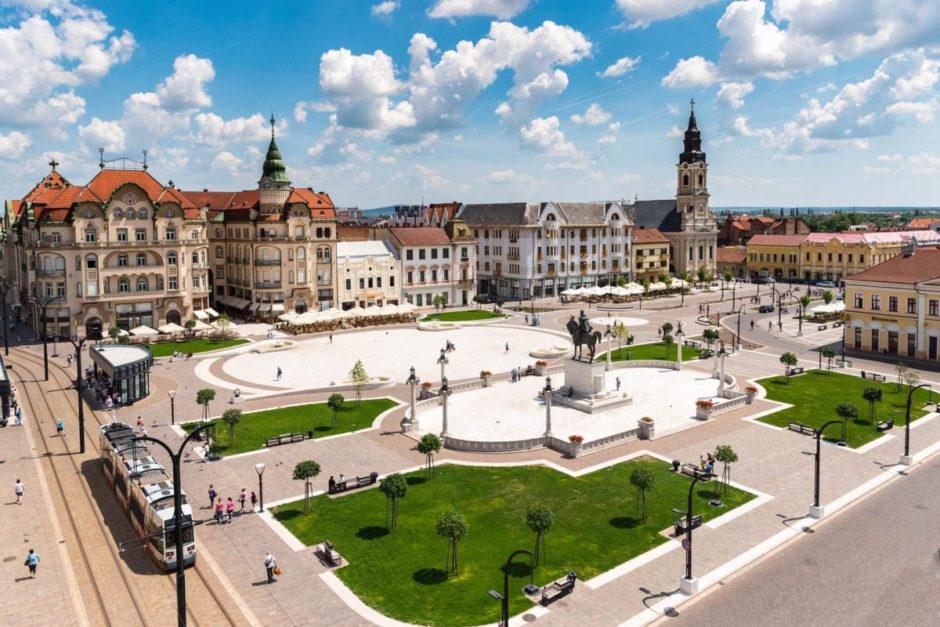Romania, in Southeastern Europe, spans 238,397 sq km, bordering Hungary, Serbia, Bulgaria, Ukraine, Moldova, and the Black Sea. Its capital, Bucharest, is a lively hub of culture and education. The Carpathian Mountains, Danube Delta (UNESCO site), Bran Castle, and painted monasteries highlight its diverse landscapes and rich history, blending Roman, Ottoman, and Slavic influences. With ~19 million people, Romania’s official language is Romanian, but English is common in cities and universities. Its temperate climate (20–30°C summers, -5–5°C winters) suits international students. A growing economy (IT, agriculture, education) and low living costs (€400–€700/month) make it affordable. Renowned for MBBS programs (€5,000–€8,000/year) in cities like Bucharest, Cluj-Napoca, Ia?i, and Timi?oara, universities like Carol Davila offer English-taught, WHO/NMC/ECFMG-accredited degrees with modern facilities and clinical training. Safe, with low crime, Romania’s student-friendly cities have Indian communities, affordable hostels, and part-time work options (20 hours/week). EU membership ensures easy travel via airports and public transport. Traditional foods, medieval towns, and vibrant cafes enrich student life. Romania offers quality education, affordability, and a welcoming, multicultural environment for MBBS students.

Romania is emerging as a preferred destination for international students, particularly from India, seeking to pursue MBBS. Romanian medical universities are recognized by global organizations such as the World Health Organization (WHO), the National Medical Commission (NMC) of India, and the Educational Commission for Foreign Medical Graduates (ECFMG), ensuring that degrees are valid worldwide. The MBBS programs, offered in English, blend rigorous theoretical education with extensive clinical training in modern hospitals. Tuition fees are affordable compared to Western countries, ranging from €5,000 to €8,000 per year, and the cost of living is budget-friendly, making Romania an appealing choice. The admission process is streamlined, often involving a simple entrance exam or evaluation, and Romania’s safe, multicultural environment enhances the student experience. Graduates are eligible to take licensing exams such as the USMLE (USA), PLAB (UK), and NEXT (India) to practice medicine globally.
Pursue MBBS at a lower cost compared to Western countries, with tuition fees ranging from €5,000 to €8,000 per year (approximately INR 4.5–7.2 lakhs) and living expenses of €400–€700 per month (approximately INR 35,000–62,000).
Degrees accredited by WHO, NMC, ECFMG, and other international bodies, enabling graduates to practice medicine worldwide, including in India, after passing exams like NEXT or FMGE.
Access to advanced laboratories, research facilities, and affiliated hospitals providing hands-on clinical training and practical experience.





.
Recommended by alhind Study Abroad for Abroad MBBS for the Indian Students